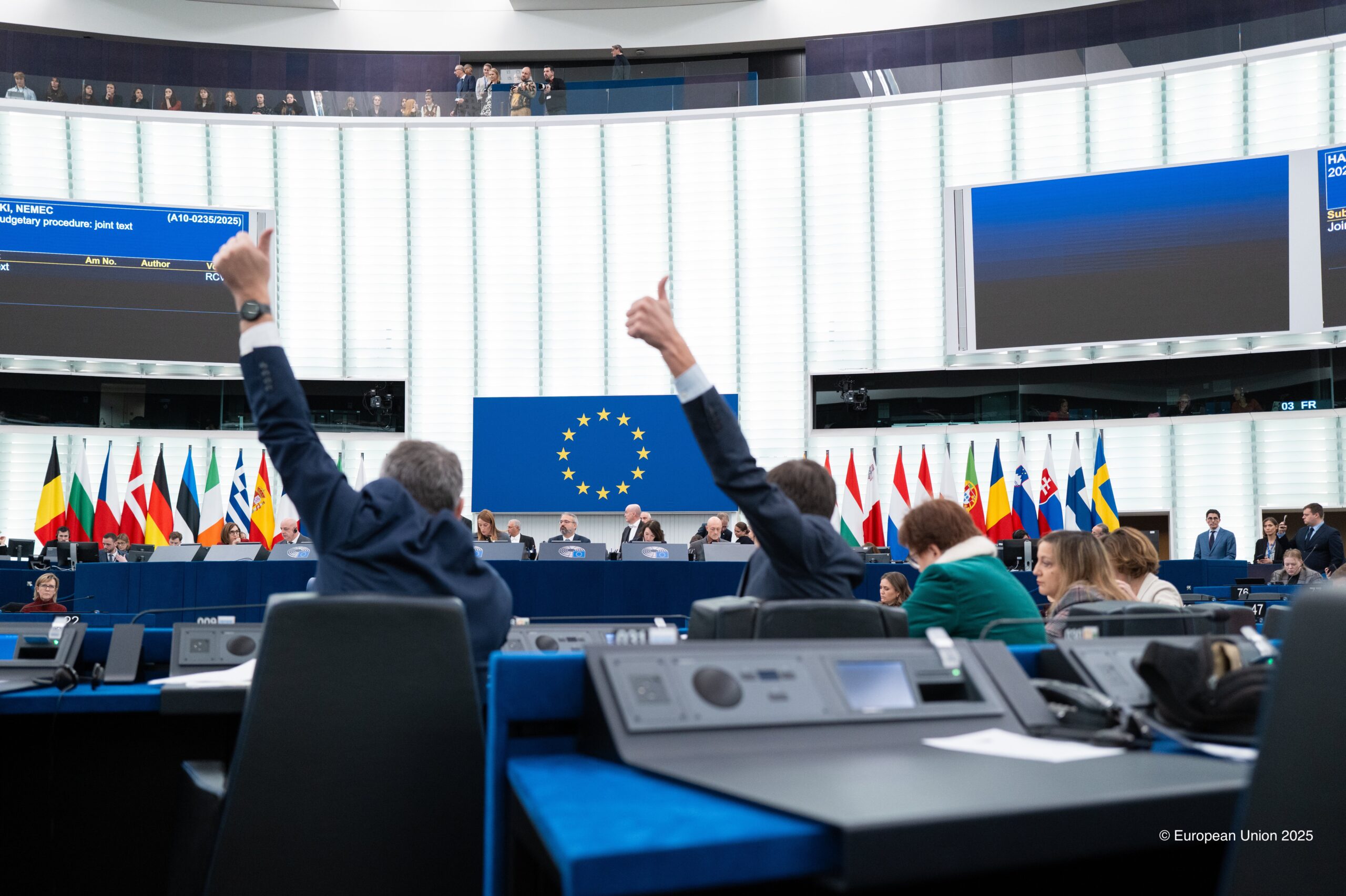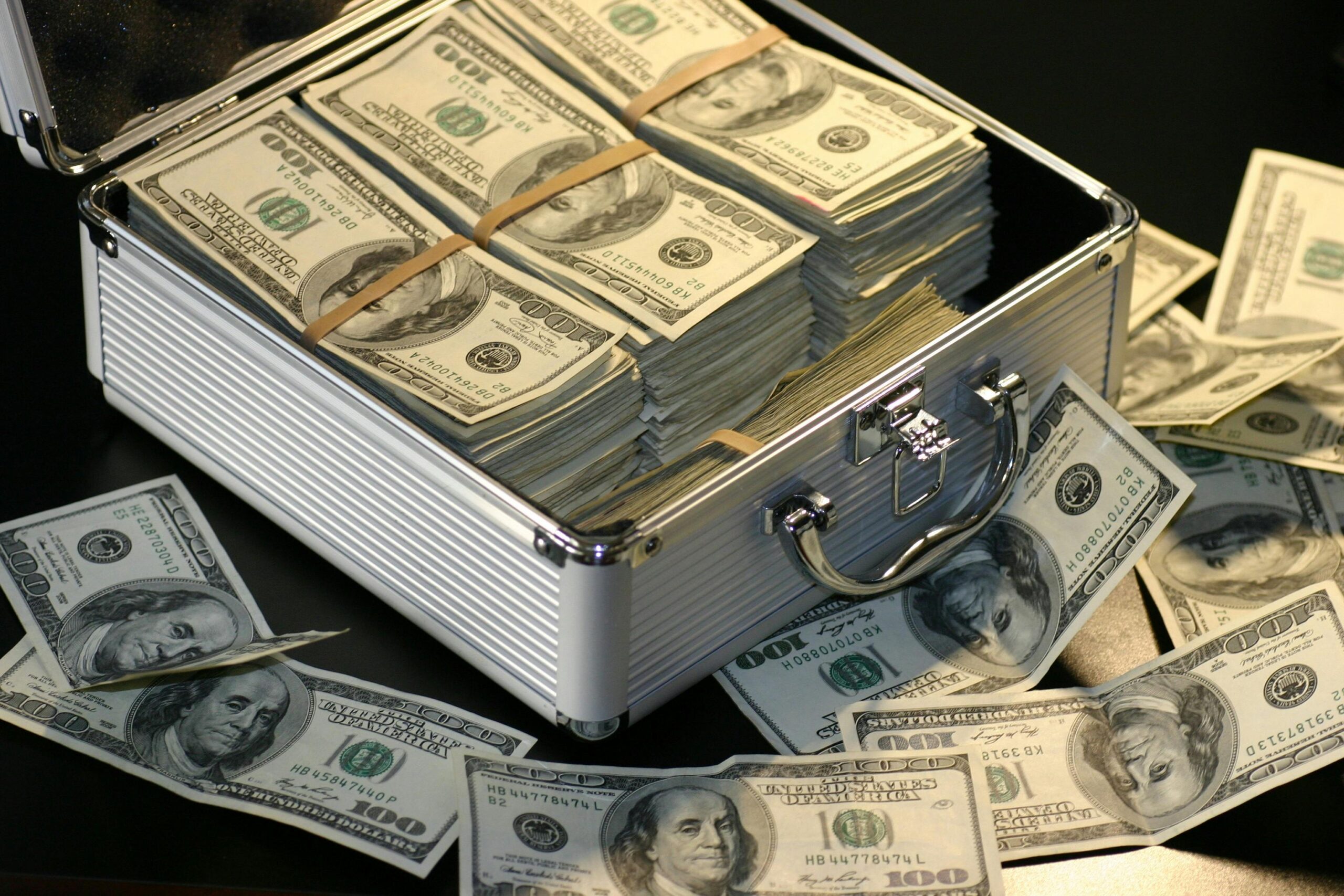Round two of the French elections on Sunday, 7 July saw France faced with potential political deadlock after no party secured an absolute majority. All three blocs fell short of the 289 seat threshold needed to control the 577-seat National Assembly.
Neither the major setback for Le Pen’s National Rally (RN), nor the left-wing coalition’s surprise didn’t prove President Macron´s intention right to create political stability by calling for a snap election. Without a single alliance having secured a working majority, it leads to further uncertainty about future French policymaking. As a result, France faces political and economic instability, characterised by political ungovernability and a hung parliament. Furthermore, the left-wing New Front National could exacerbate France’s already-large deficit.
Forming a new government will be a long and challanging process. President Macron might appoint a Prime Minister from the Socialist Party, such as Raphaël Glucksmann, but would need to integrate representatives from “Les Insoumis” and “Ensemble” (Macron’s party). This coalition-building process will lead to governance issues due to ideological differences. It is unlikely that the new government will use Article 49.3 to force legislative proposals, given their previous condemnation of this practice and the risk of censorship.
With the European Commission likely to place France under an Excessive Deficit Procedure (EDP) for exceeding the budget deficit limit of 3% of GDP, the fractious parliament makes it difficult to pass necessary budget cuts to comply with EU rules, further complicating the political and economic landscape.
Additionally, the implementation of the French Finance Law for 2024, expected in Autumn, faces challenges. The political outcome will play a crucial role in determining how the proposed measures are enacted. Political instability, could lead to delays and amendments and the practical aspects of implementing the law could face bureaucratic hurdles.
Despite all these, the CAC 40 index rose by 0.4%, and French shares and bond prices turned higher after initial falls.
It is important to note that a new dissolution of parliament and elections cannot be carried out within the year following a previous dissolution.
The results (as per Euronews)
- The New Popular Front (NFP) managed to secure 26.9% of the votes, taking 182 seats.
- The Macron Ensemble only received 22.3% of votes, giving them 168 seats.
- The National Rally (RN) and its allies secured 37.3% of votes, taking 143 seats.
- The Republicans won 45 seats, while other and regional parties won a total of 39 seats.
The National Rally amassed the most seats of any single party, with the party’s lead candidate Jordan Bardella denouncing its rivals political strategy to withdraw candidates from hundreds of races to avoid splitting their support. Although they have been set back, RN Leader Marine Le Pen remains optimistic about the future, stating “The tide is rising. It didn’t rise high enough his time, but it’s still rising. And as a result, our victory, in reality, is only delayed.”
The RN came short of expectations during the second round, it is crucial to note that it doubled its seats in parliament as compared to the last parliamentary elections in 2022, when it won 89 seats – which itself had already been a gain of 81 seats.
The New Popular Front coalition showcased a united front, preventing RN from winning a majority. Although, France has avoided a far-right government, the result has plunged the country into a politcal limbo, leaving parliament gridlocked.
What’s next
The election leaves parliament divided up into three big groups, the Left, Centrists, and the Far Right. Current Prime Minister Gabriel Attal (RE) has announced his resignation for today (Monday), but President Macron has asked him to remain “for the moment” in order to “ensure the stability of the country”, according to a statement from the Elysée Palace. The immediate objective is to reassure the financial markets and international partners.
It remains highly uncertain who the next Prime Minister will be, with the decision formally belonging to Emmanuel Macron. Political custom usually dictates that the had of government should be chosen from the strongest political force or coalition. There is currently no indication of Macron’s next move.
The New Popular Front have said that they immediately want to govern, with the Leader of the French Socialists arguing that the Prime Minister should come from the Alliance’s ranks. Among the shared policy objectives for the New Popular Front is to raise the minimum wage, increase wages for public sector workers, and impose a wealth tax. Leader, Jean-Luc Melenchon voiced his opinion stating, “The will of the people must be strictly respected… the president must invite the New Popular Front to govern”.
What this means for the EU
Macron has been severely weakened in France, in turn this will have consequences for his position in Brussels. He has said France will continue to play a leading role in the bloc but the next French government doesn’t look as though it will be backing him. Whatever government emerges is unlikely to stay stable as there are many ideas the Left, Centrists, and Far-Right will never agree on.

